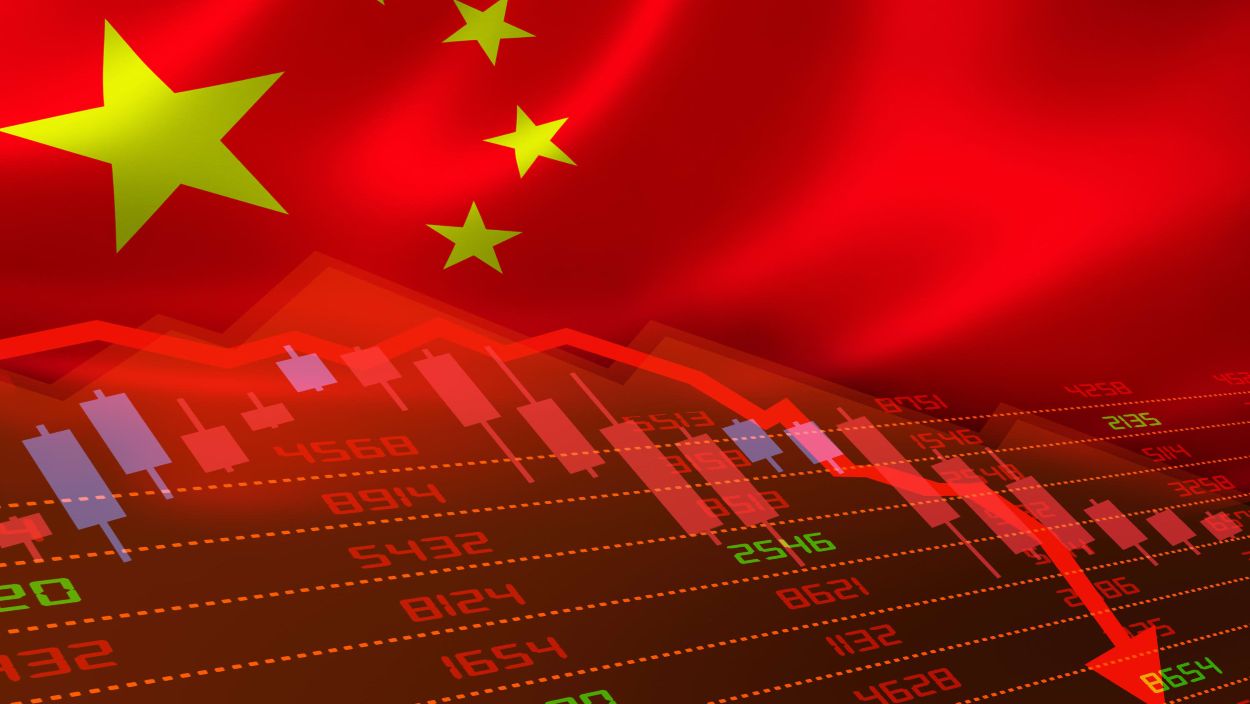On October 9, 2025, China’s Ministry of Commerce announced tighter export controls on rare earth elements, adding five: holmium, erbium, thulium, europium, and ytterbium to its restricted list.
The rules, effective November 8, 2025, limit exports to overseas defence firms and require case-by-case approval for advanced semiconductor users. Additionally, foreign companies using Chinese rare earth materials or equipment need export licenses by December 1, 2025.
China, which produces over 90% of the global processed rare earths vital for electric vehicles, aircraft engines, and military radars, aims to bolster leverage before a Trump-Xi summit in South Korea. “This strengthens Beijing’s position,” said Tim Zhang of Edge Research. The move follows US lawmakers’ calls for chipmaking equipment export bans to China.
China unveils sweeping rare earth export controls to protect ‘national security’ https://t.co/06PqHQ5xcY
— Financial Times (@FT) October 9, 2025The restrictions expand April 2025 controls that caused global shortages, later eased by US and European deals. Shares of China Northern Rare Earth Group, China Rare Earth Resources, and Shenghe Resources surged up to 10% on October 9.
The rules cover 14-nanometer chips, 256-layer memory chips, and related R&D, impacting AI and military applications. South Korea’s industry ministry, home to Samsung and SK Hynix, is assessing impacts and seeking talks with China. TSMC’s shares rose 1.8% after strong Q3 revenue, despite South Korean markets closing for a holiday.
Read: China’s Rare Earth Export Ban Sparks Global Alarm for Automakers
China’s controls could disrupt global supply chains, raising costs for tech and defence sectors. The timing, near a US trade truce expiration, signals strategic escalation.






